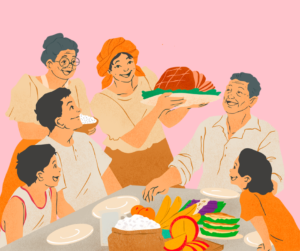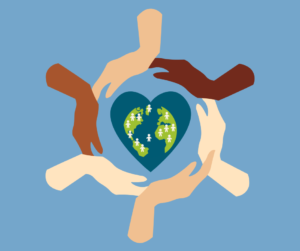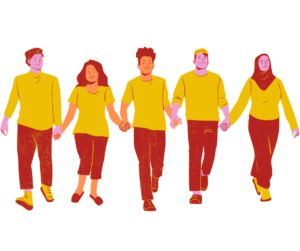Are you struggling to thrive in a new environment? Knowing the stages of culture shock can help you adjust to your emotions and embrace change. Remember, it’s all part of the process!
These types of emotions are common for those who pick up their lives and move to a new country. Excitement and wonder can easily turn to frustration and anxiety as you navigate a new society, adjust to communicating in a new language, and work with people who hold values that differ from your own.
The process of adapting to a new culture can be described by the four stages of culture shock. Being familiar with these stages can help you navigate culture shock more easily and empower you to seek the support that will help you thrive in your new home.
What Are The Stages of Culture Shock
Stage 1: Excitement and Novelty
This stage can start leading up to your move and at the time that you first arrive. You may be excited about new opportunities and experiences and are optimistic about the transition that lies ahead.
During this stage, you typically have little contact with the local culture and everything seems new and exciting.
Stage 2: Anxiety and Frustration
During this stage, the novelty wears off and you start to become anxious or frustrated with the way that things operate around you. You may experience stressors such as miscommunications, the inability to complete simple tasks, and overwhelming homesickness or sadness. Little things such as losing your keys or ordering the wrong food may make you feel extremely overwhelmed and defeated. It is common to feel fatigued during this stage.
Stage 3: Adjustment
This stage emerges as you start to feel more confident in your ability to communicate with those around you. You feel comfortable in not only navigating the community but also in navigating cultural differences. You have established support systems and have methods to seek help.
Stage 4: Acceptance
In this stage, you feel at home in the surrounding culture. Some describe themselves as bi-cultural, reaching a point when they feel comfortable in both cultures.
These stages progress at different rates for different people. What’s important to keep in mind is that these experiences are completely normal.
Seeking Professional Support?

Kinga Gudor, PhD
Kinga is a Licensed Clinical Social Worker (LCSW) with more than 15 years of experience. She specializes in couples therapy and working with individuals from a multicultural background.









